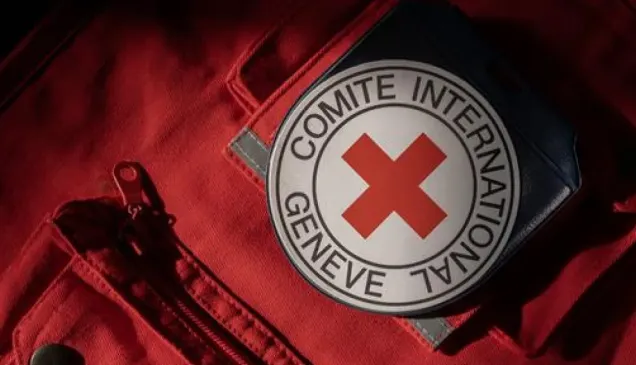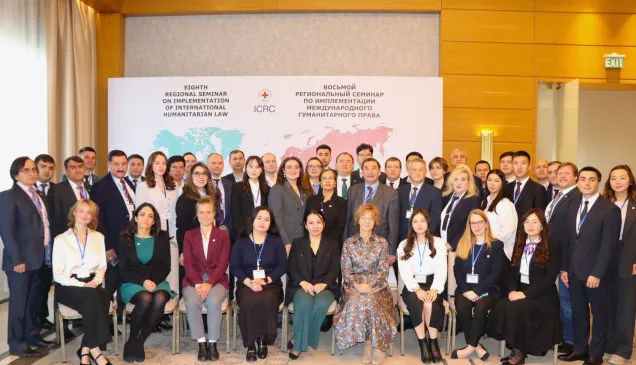Before the Nagorno-Karabakh conflict in the 1990s, this school in Tavush Region of Armenia had 800 students. Now there are only 200.
Armenia: A day in the life of a school on the border
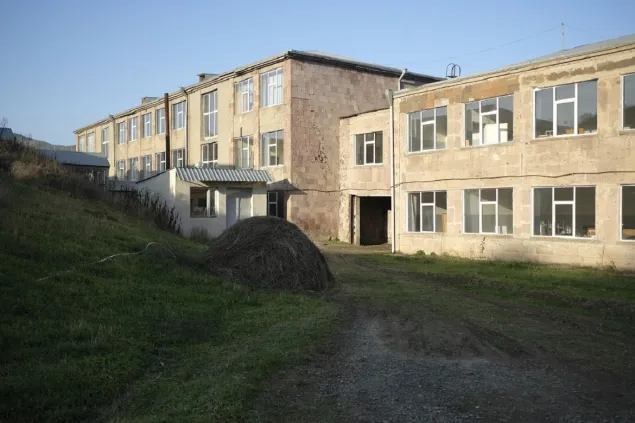
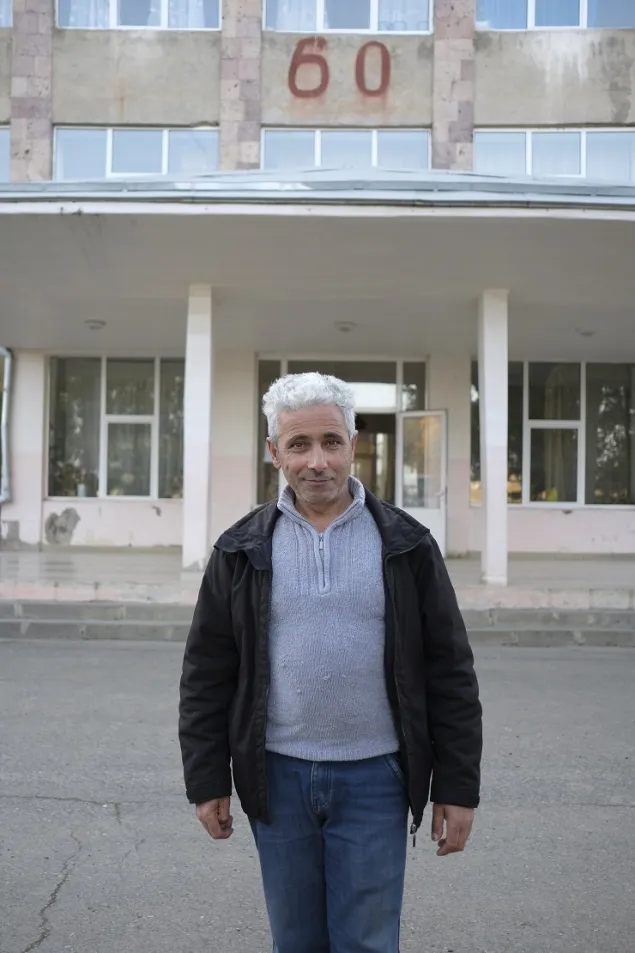
Arthur Bejanyan studied in this school. Several years later, when the Nagorno-Karabakh ceasefire agreement was signed in 1994, he entered the school again, this time as a teacher. The school is 60 years old - the same as Arthur.
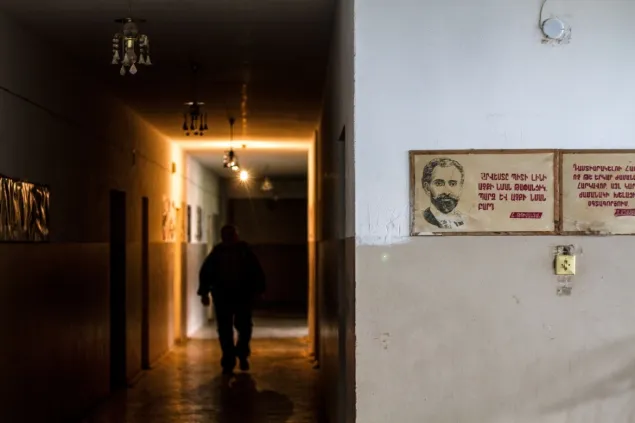
The large building of the school is in a precarious condition, in stark contrast to the lively voices in the hallways.
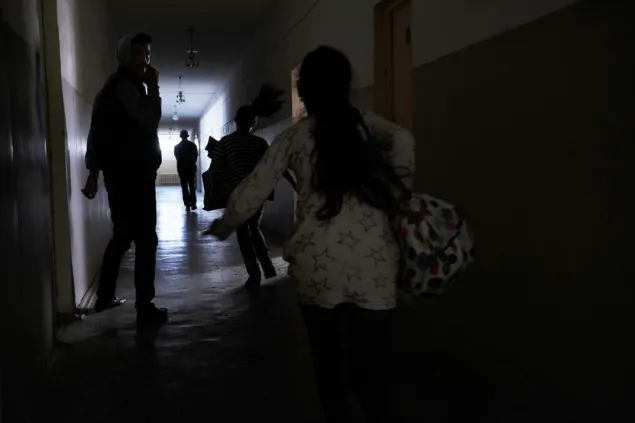
School students run in the corridor as the bell goes off.
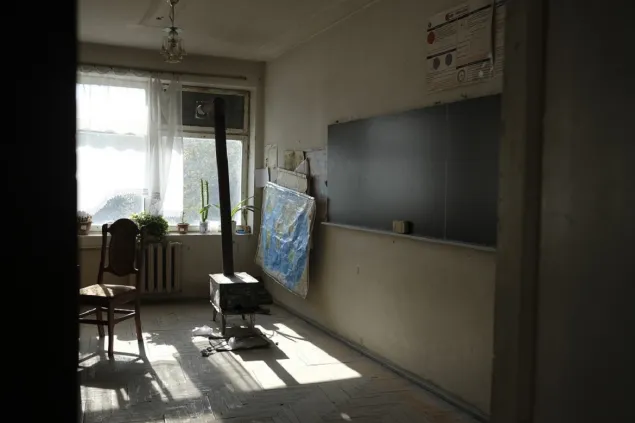
Heating is only available in the main building. School authorities say it is more than enough as the number of students has been steadily decreasing over the past years.
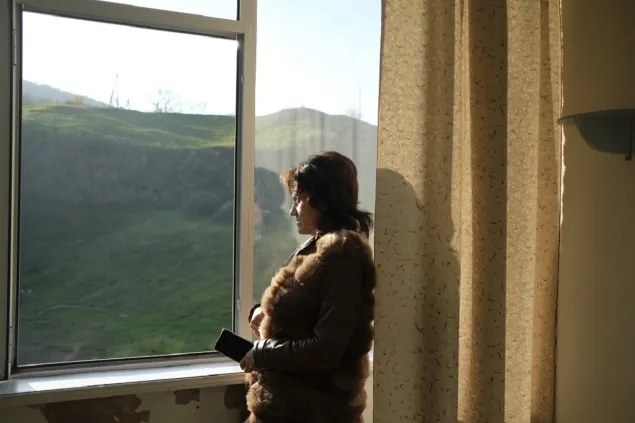
Despite the many difficulties, Tamara Melikyan and her colleagues continue to work in the school believing that education is the most powerful force in the world.
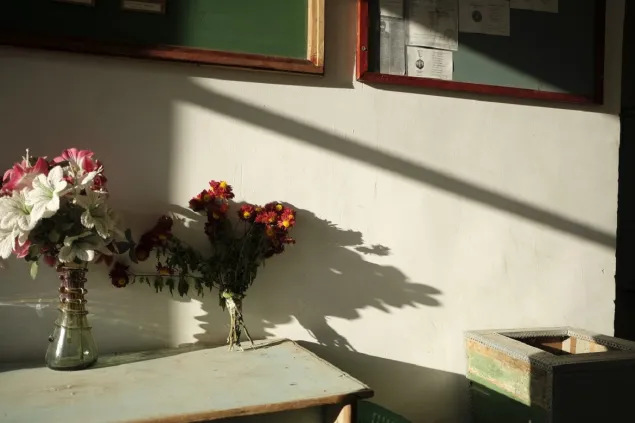
There are special days to light candles and put flowers in this corner of the school to commemorate those killed in the Nagorno-Karabakh conflict.
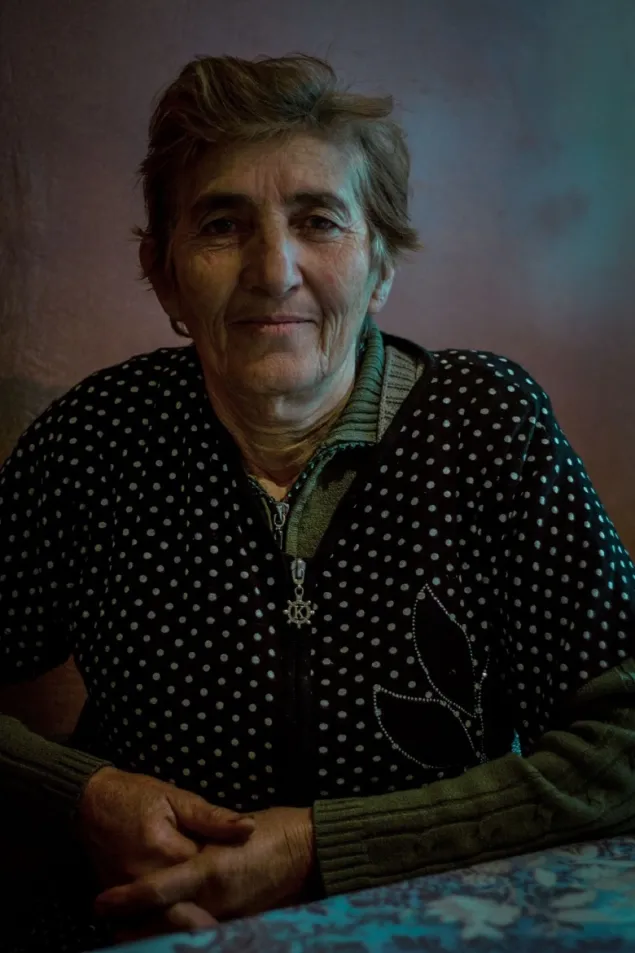
Janitors play a special role in the school’s life as they keep an eye on children during breaks to ensure that they do not hurt themselves. To work and live in a border village is synonymous with constant duality: stillness and tension, hope and concern, light and shadow.
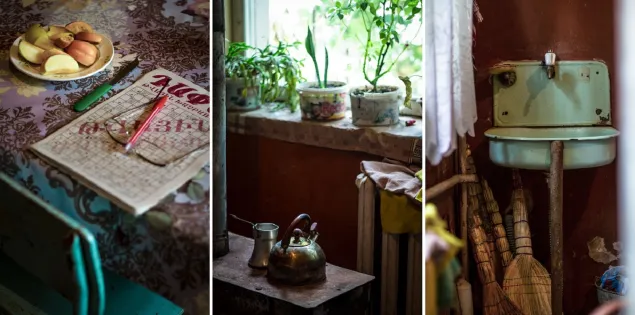
The janitors’ room is a mini world, which reflects the modest local customs and traditions.
Despite the security risks, children, living in communities along the border, between Armenia and Azerbaijan, go to school every morning.
For an outsider, their lives may appear normal, but appearances can be deceptive. It is only when one interacts with the children who attend school, or their teachers, that the gravity of the situation becomes evident.
Read about the lives of children attending one such school in Tavush Region of Armenia.
The ICRC works on both sides of the border between Armenia and Azerbaijan to help people deal with the security situation, loss of livelihood and lack of economic opportunities.

